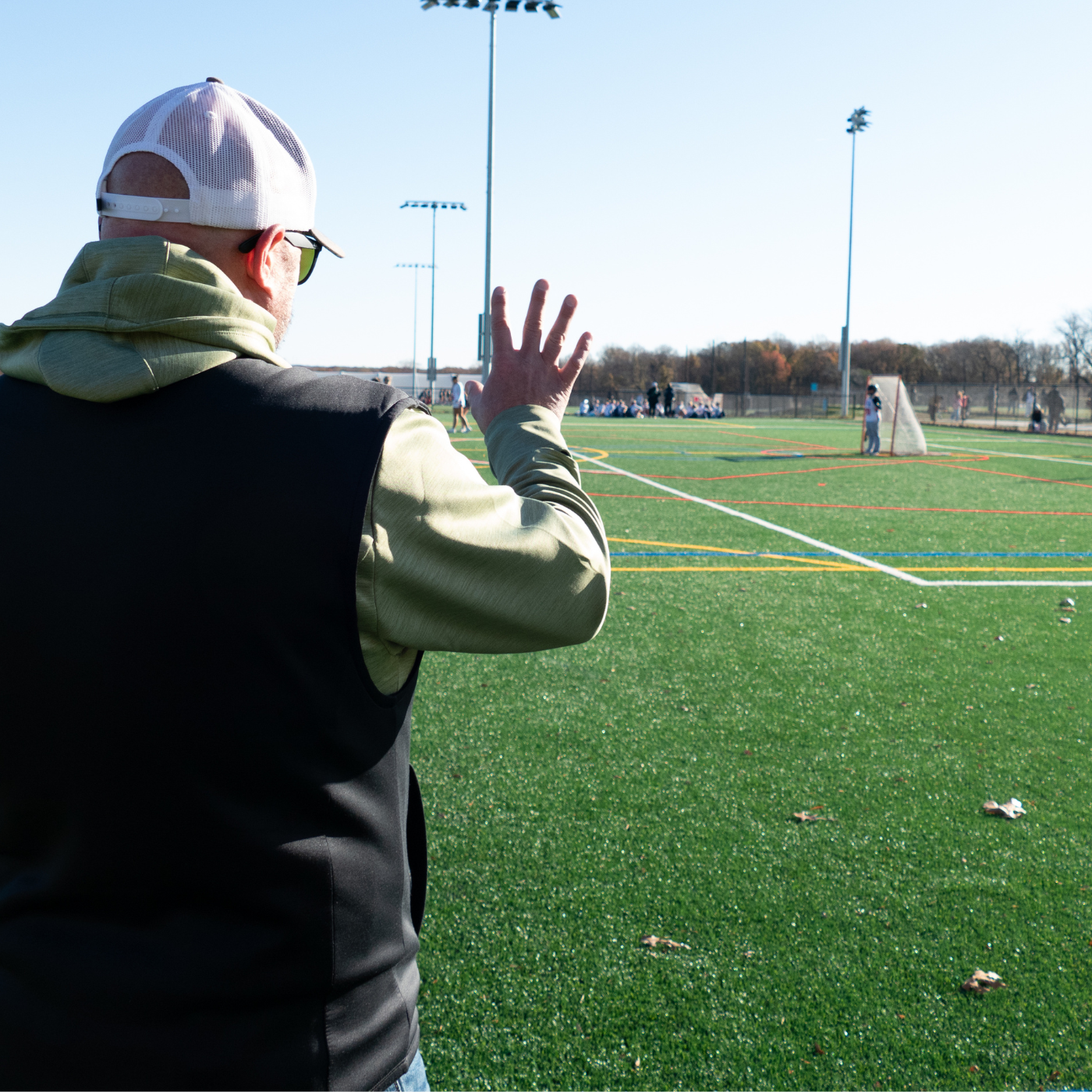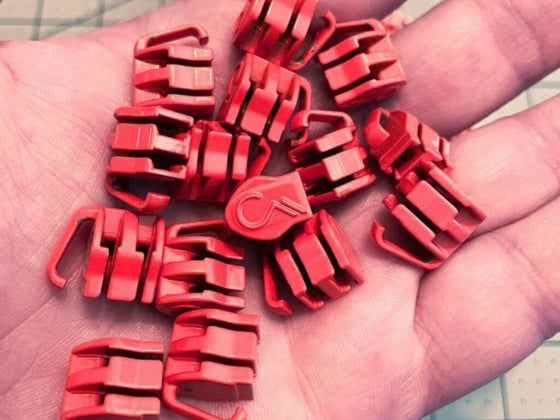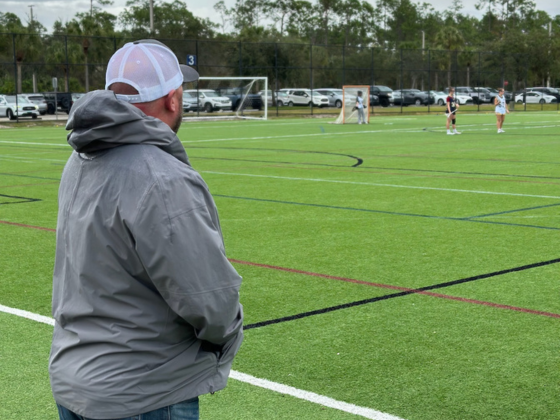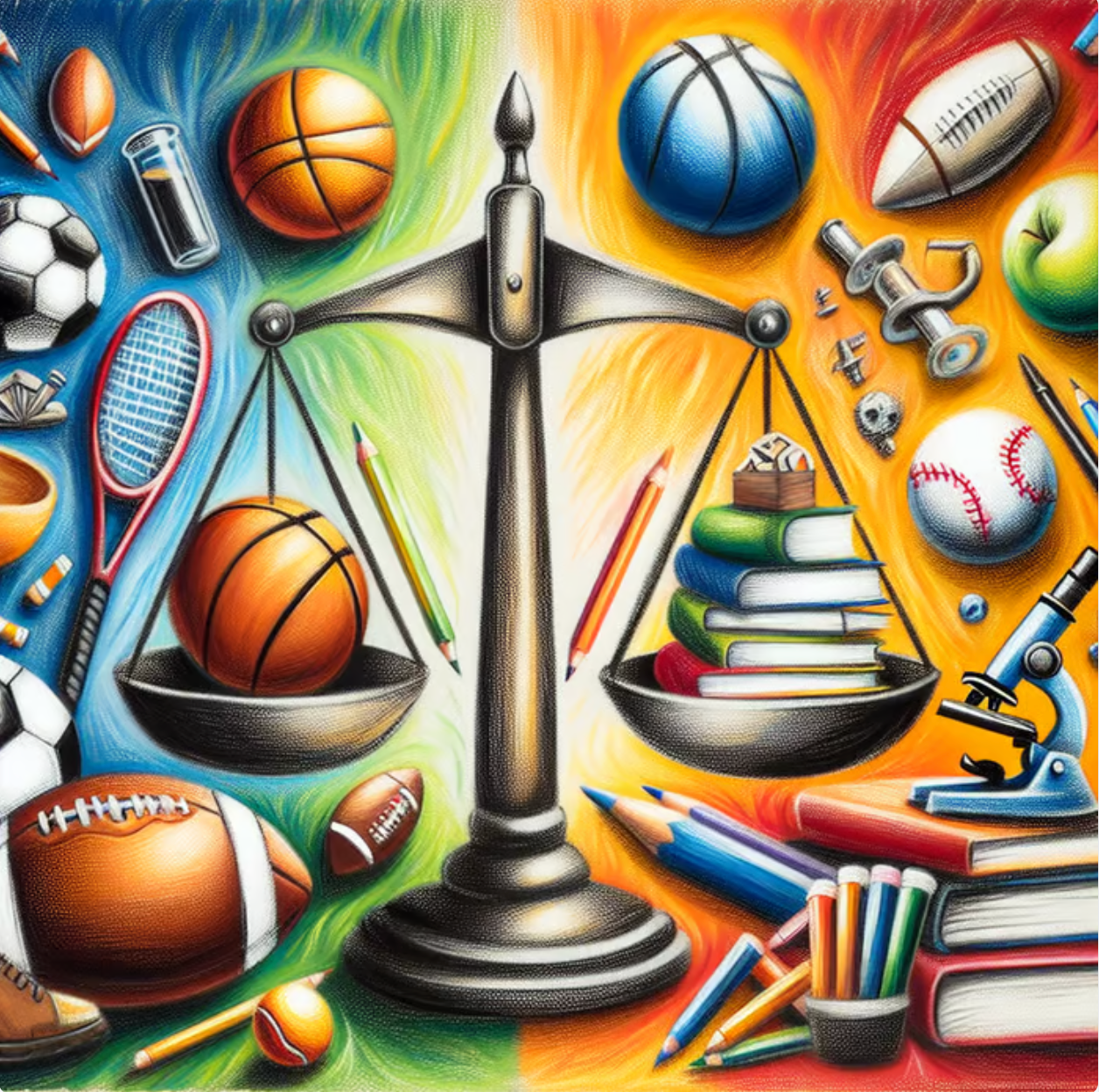Balancing schoolwork during sports seasons requires diligent time management, effective communication, and a commitment to both academic and athletic responsibilities. By prioritizing education, student-athletes not only keep future opportunities open but also develop skills that are invaluable both on and off the field.
Balancing academics and athletics is a challenge many student-athletes face. While dedication to sports is commendable, it’s crucial to remember that academic achievements lay the foundation for future opportunities. The reality is that only a small fraction of high school athletes advance to professional sports. According to the NCAA, approximately 1 in 16,000 high school athletes attains a professional career in sports. This statistic underscores the importance of prioritizing education alongside athletic pursuits.
Strategies for Balancing Academics and Athletics
1. Time Management and Planning:
- Create a Schedule: Develop a weekly plan that allocates specific time slots for classes, study sessions, practices, and rest. Utilizing planners or digital calendars can help in staying organized and ensuring that neither academics nor athletics are neglected.
- Set Realistic Goals: Establish achievable objectives for both academic and athletic performance. This approach helps in maintaining focus and motivation across all areas.
2. Effective Communication:
- Inform Teachers and Coaches: Maintain open lines of communication with educators and coaches about your commitments. This transparency allows for mutual understanding and potential adjustments during peak academic or athletic periods.
3. Utilize Available Resources:
- Academic Support Services: Take advantage of tutoring centers, study groups, and academic advisors to stay on top of coursework.
- Athletic Support: Seek guidance from coaches or sports counselors on managing physical and mental demands during the season.
4. Prioritize Self-Care:
- Adequate Rest: Ensure you’re getting sufficient sleep to support both cognitive function and athletic performance.
- Healthy Nutrition: Maintain a balanced diet to fuel your body and mind effectively.
- Stress Management: Engage in activities like meditation, yoga, or hobbies that help in reducing stress levels.
The Reality of Athletic Careers
While many students dream of becoming professional athletes, the statistics highlight the importance of a solid educational foundation:
- High School to College: Approximately 7.5% of high school football players move on to play at NCAA colleges.
- College to Professional: Fewer than 2% of NCAA student-athletes go on to be professional athletes.
- These figures emphasize that, for the vast majority, academic achievements will be the cornerstone of future success.
Balancing schoolwork during sports seasons requires diligent time management, effective communication, and a commitment to both academic and athletic responsibilities. By prioritizing education, student-athletes not only keep future opportunities open but also develop skills that are invaluable both on and off the field.



















